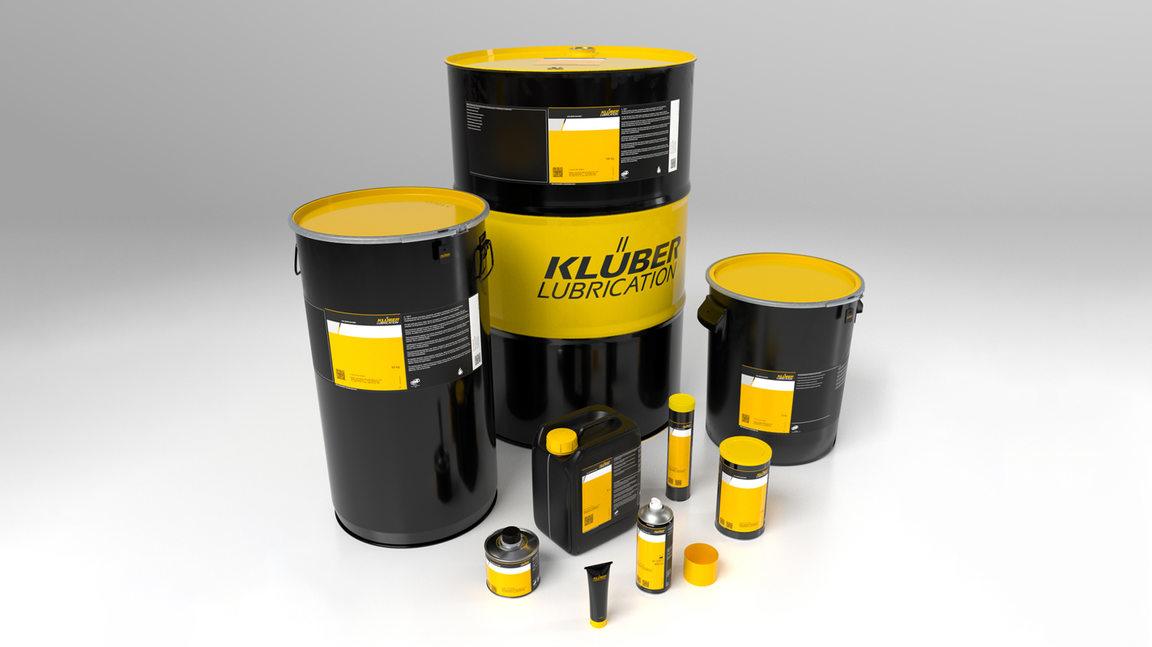Material Hub > Materialien
Materialien
-
Kategorie Schmierstoffe, SchmierfetteEinsatztemperatur -30 – 100 °CZug-Elastizitätsmodul –
-
Kategorie Schmierstoffe, SchmierfetteEinsatztemperatur -40 – 130 °CZug-Elastizitätsmodul –
-
Kategorie Schmierstoffe, SchmierfetteEinsatztemperatur -60 – 130 °CZug-Elastizitätsmodul –
-
Kategorie Schmierstoffe, SchmierfetteEinsatztemperatur -40 – 150 °CZug-Elastizitätsmodul –
-
Kategorie Schmierstoffe, SchmierfetteEinsatztemperatur -50 – 120 °CZug-Elastizitätsmodul –
-
Kategorie Schmierstoffe, SchmierfetteEinsatztemperatur –Zug-Elastizitätsmodul –
-
Kategorie Schmierstoffe, SchmierfetteEinsatztemperatur –Zug-Elastizitätsmodul –
-
Kategorie Schmierstoffe, SchmierfetteEinsatztemperatur -30 – 140 °CZug-Elastizitätsmodul –
-
Kategorie Schmierstoffe, SchmierfetteEinsatztemperatur -50 – 150 °CZug-Elastizitätsmodul –
-
Kategorie KunststoffeEinsatztemperatur 0 – 100 °CZug-Elastizitätsmodul 1300 MPa
-
Kategorie KunststoffeEinsatztemperatur -30 – 60 °CZug-Elastizitätsmodul 2500 MPa
-
Kategorie KunststoffeEinsatztemperatur -100 – 100 °CZug-Elastizitätsmodul 1200 MPa
-
Kategorie KunststoffeEinsatztemperatur 0 – 60 °CZug-Elastizitätsmodul 3000 MPa
-
Kategorie KunststoffeEinsatztemperatur -20 – 60 °CZug-Elastizitätsmodul 2700 MPa
-
Kategorie KunststoffeEinsatztemperatur -20 – 60 °CZug-Elastizitätsmodul 2700 MPa
-
Kategorie KunststoffeEinsatztemperatur -15 – 60 °CZug-Elastizitätsmodul 2700 MPa
-
Kategorie KunststoffeEinsatztemperatur -100 – 80 °CZug-Elastizitätsmodul 1200 MPa
-
Kategorie KunststoffeEinsatztemperatur -10 – 60 °CZug-Elastizitätsmodul 3000 MPa
-
Kategorie KunststoffeEinsatztemperatur -10 – 60 °CZug-Elastizitätsmodul 3000 MPa
-
Kategorie KunststoffeEinsatztemperatur -10 – 90 °CZug-Elastizitätsmodul 3000 MPa




